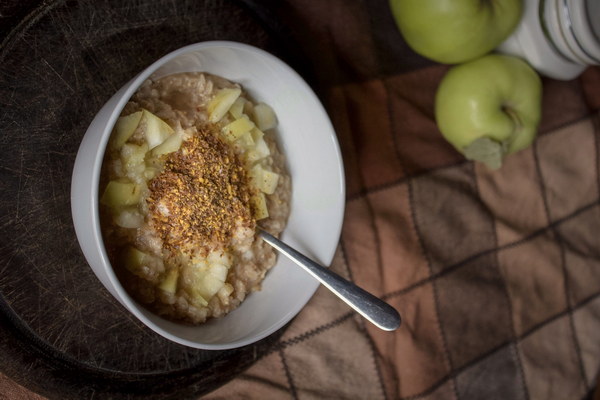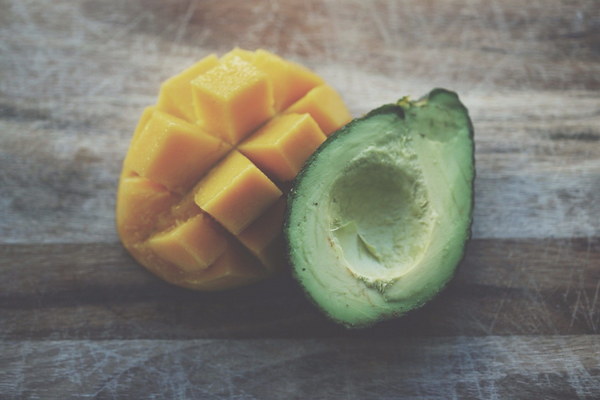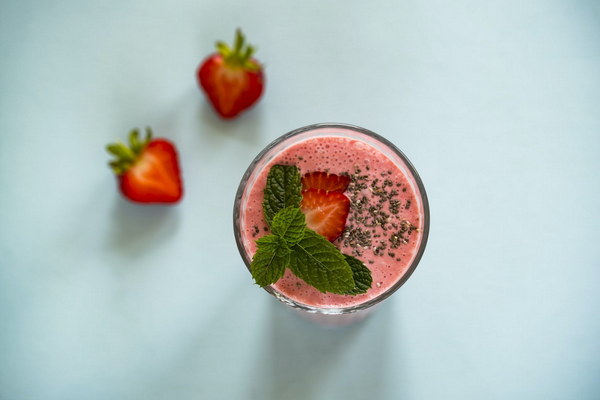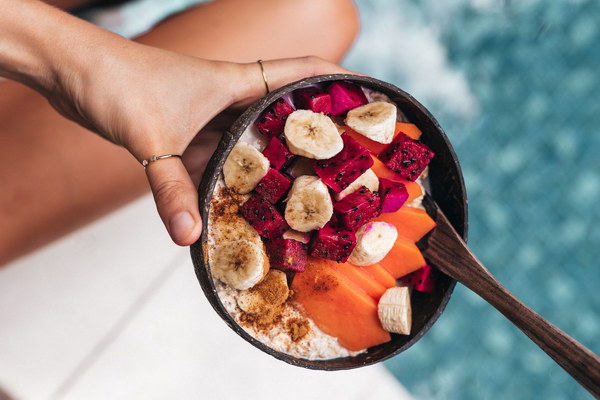Postpartum Nourishment A Guide to Rejuvenating the New Mother
After the joyous experience of childbirth, the new mother's body undergoes a significant transformation that requires proper care and nourishment. Postpartum recovery is crucial for a woman's health and well-being, and a well-rounded diet can play a vital role in this process. This article aims to provide a comprehensive guide on how to nourish the body postpartum, ensuring a smooth recovery and the rejuvenation of the new mother.
1. Understanding the Postpartum Period
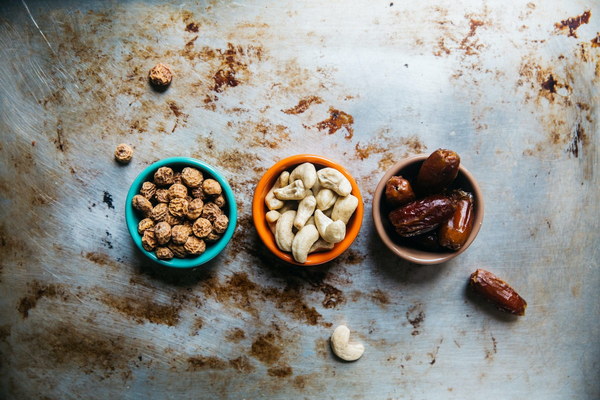
The postpartum period typically begins within the first few hours after childbirth and lasts for about six weeks. During this time, the body undergoes various changes, including the healing of the birth canal, the shrinking of the uterus, and the establishment of lactation. Adequate nutrition is essential to support these processes and promote overall health.
2. Importance of a Balanced Diet
A balanced diet postpartum should include a variety of food groups to provide the necessary nutrients for healing and rejuvenation. The following are some key components:
a. Protein: Essential for tissue repair and the production of breast milk. Good sources include lean meats, poultry, fish, eggs, dairy products, legumes, and tofu.
b. Carbohydrates: Provide energy for the new mother and her baby. Opt for whole grains, fruits, vegetables, and legumes.
c. Fats: Healthy fats are important for the production of breast milk and for the baby's brain development. Include sources such as avocados, nuts, seeds, and olive oil.
d. Iron: Crucial for the prevention of anemia and the production of red blood cells. Rich sources of iron include lean red meat, poultry, fish, legumes, and leafy green vegetables.
e. Calcium: Important for bone health and milk production. Dairy products, leafy green vegetables, and fortified foods are good sources.
f. Folic acid: Essential for the production of red blood cells and the prevention of neural tube defects in the baby. Include foods such as leafy green vegetables, beans, lentils, and fortified cereals.
3. Hydration
Proper hydration is vital for postpartum recovery. Drinking plenty of fluids helps to maintain milk production, aids in digestion, and supports kidney function. Aim to consume at least 8-10 cups of water per day, and consider adding herbal teas or broths to your fluid intake.
4. Nutritional Supplements
In some cases, nutritional supplements may be necessary to ensure adequate intake of essential nutrients. Common supplements for postpartum mothers include:
a. Vitamin D: Important for bone health and milk production. A daily supplement of 400-800 IU is often recommended.
b. Calcium and vitamin D: Together, these nutrients support bone health and milk production. A daily supplement of 500-600 mg calcium and 400-800 IU vitamin D is typically recommended.
c. Iron: If anemia is a concern, an iron supplement may be prescribed by a healthcare provider.
5. Gentle Exercise and Rest
While it is important to maintain a balanced diet, it is also crucial to allow the body to rest and recover. Gentle exercise, such as walking or prenatal yoga, can help improve circulation, reduce stress, and enhance mood. However, it is important to consult with a healthcare provider before beginning any exercise routine postpartum.
6. Cultural and Personal Preferences
It is essential to consider cultural and personal preferences when planning a postpartum diet. In many cultures, traditional foods are consumed to support postpartum recovery. Some examples include:
a. Chicken soup: Often believed to promote healing and provide warmth.
b. Nuts and seeds: Rich in healthy fats and nutrients.
c. Legumes: A good source of protein and fiber.
d. Dairy products: Important for calcium and vitamin D.
Remember that individual needs may vary, so it is always best to consult with a healthcare provider or a registered dietitian to create a personalized postpartum nutrition plan.
In conclusion, proper nourishment is essential for a new mother's postpartum recovery. By focusing on a balanced diet, adequate hydration, and gentle exercise, the body can heal and rejuvenate, ensuring the health and well-being of both mother and baby.

